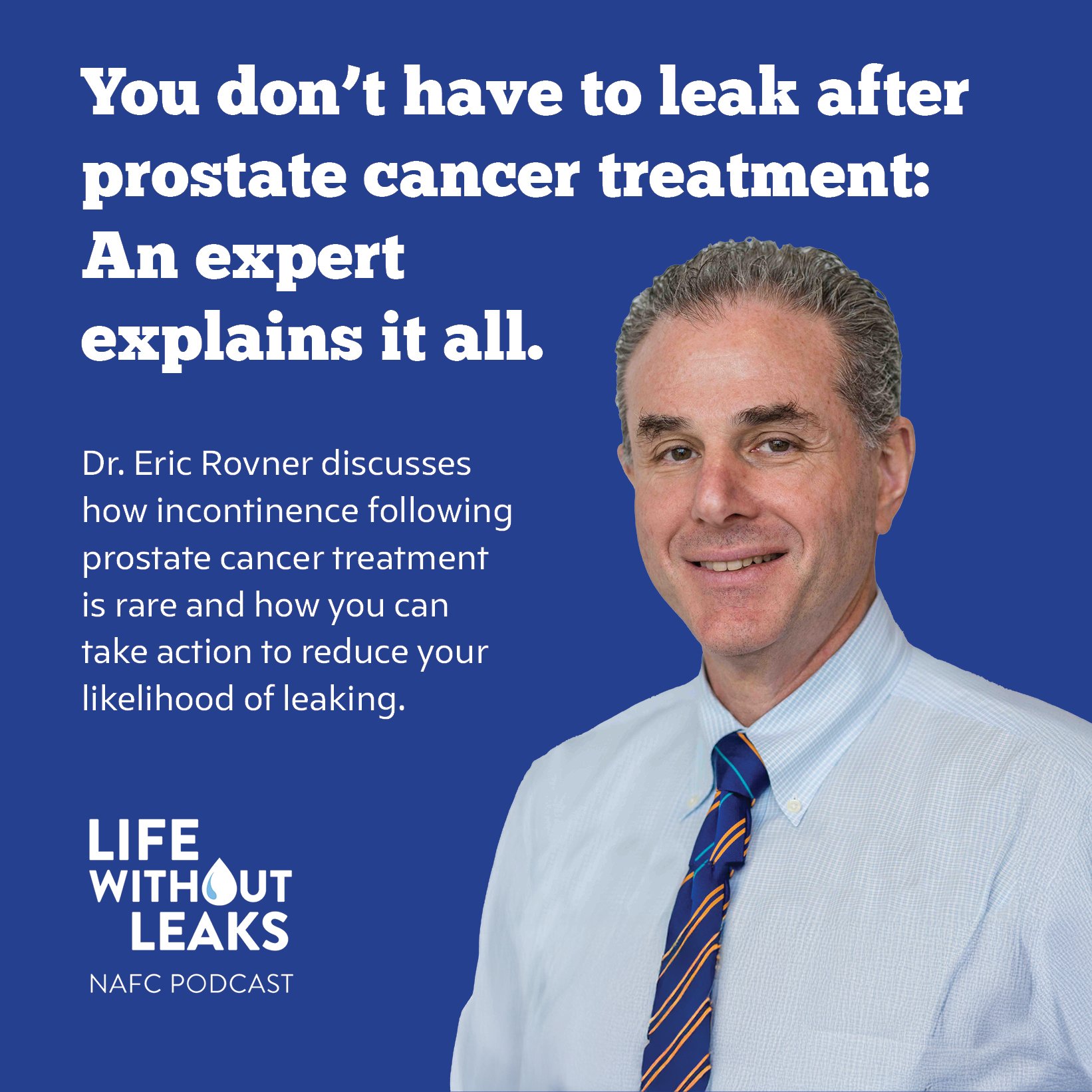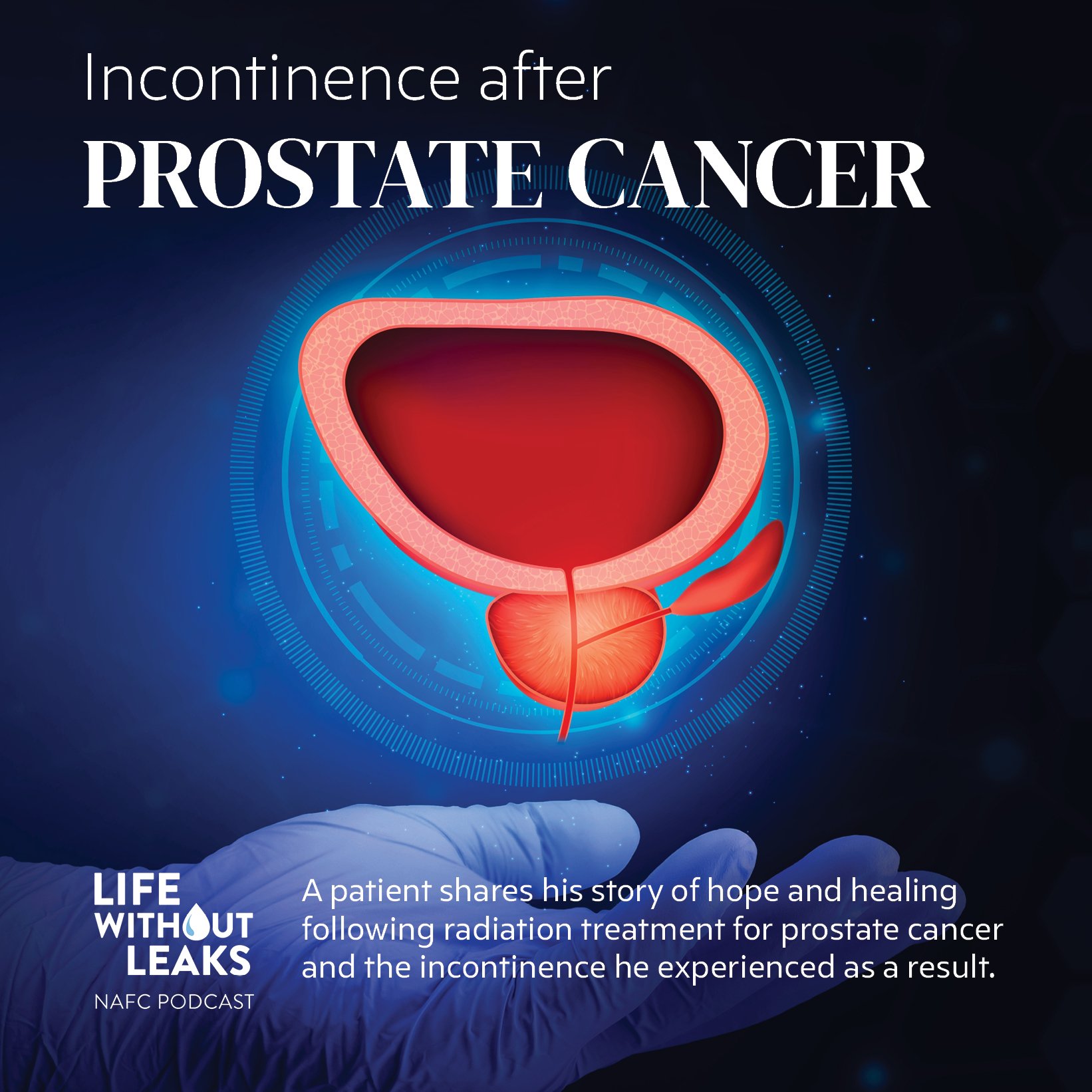Pelvic pain is pain that you experience in the lowermost part of your abdomen and pelvis. It can occur in both men and women, however it is more common in women. Depending on the specific cause of pelvic pain, it can vary in intensity and length. There are several things that may contribute to pelvic pain disorder.
Many women experience pelvic pain disorder due to gynecological problems or problems associated with pregnancy. Some of these include:
-
Endometriosis
-
Adenomyosis
-
Menstrual cramps (dysmenorrhea)
-
Ectopic pregnancy (or other pregnancy-related conditions)
-
Ovarian cancer
-
Vulvodynia
-
Mittelschmerz (ovulation pain)
-
Pelvic inflammatory disease (PID)
-
Ovarian cysts
-
Uterine fibroids
Some other causes of Pelvic Pain Disorder may be due to:
-
Diverticulitis
-
Appendicitis
-
Fibromyalgia
-
Colon cancer
-
Chronic constipation
-
Inguinal hernia
-
Crohn’s disease
How is the cause of pelvic pain determined?
Talking to a doctor is the first step in determining the cause of your pelvic pain. Your doctor will start off by asking you several questions about the type of pain you are experiencing, and also discuss your medical history to determine the cause. He or she will also likely perform a physical exam and may perform some tests to figure out what is causing your pain. Depending on what you are experiencing, your doctor may check your blood, urine or stool, perform a pregnancy test, check for STDs, or even perform X-rays or Ultrasounds to better examine some of your internal organs.
How is treated?
Your doctor will determine the appropriate treatment for your pelvic pain based on the cause, and how serious the pain is. They may recommend medications, or even surgical procedures. Talk with your doctor about what you are experiencing to find the best solution.







One Response
I have uterine fibroids two. Do they make you go the toilet. Roula